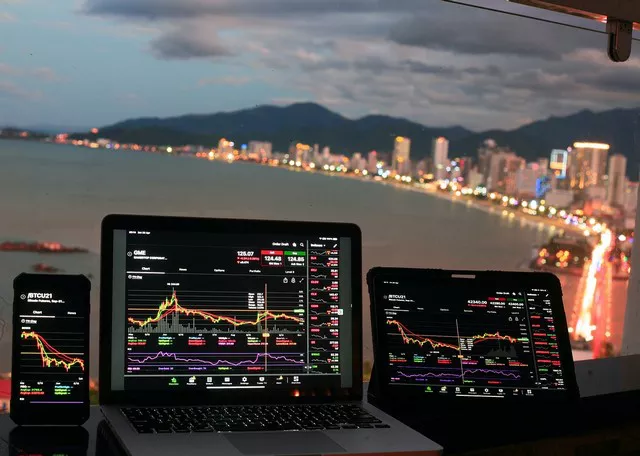The world of finance is dynamic and multifaceted, with various instruments and markets catering to different investment needs. Among these, the future market stands out as a complex yet intriguing avenue. But how does the future market work?
1. Understanding the Future Market
The future market is a specialized segment of the financial market where participants trade contracts, known as futures contracts, that obligate them to buy or sell an underlying asset at a predetermined price and date in the future. These contracts serve as a means of managing risk and speculating on price movements.
2. Types of Participants
The future market attracts a diverse range of participants, each with their own objectives and strategies. Hedgers, including producers and consumers of the underlying asset, use futures contracts to lock in prices and protect against price fluctuations. Speculators, on the other hand, seek to profit from price changes without intending to take physical delivery of the asset.
3. Role of Futures Exchanges
Futures contracts are standardized and traded on futures exchanges, which act as intermediaries between buyers and sellers. These exchanges provide a centralized platform for trading, ensuring transparency, liquidity, and efficient price discovery.
4. Leveraging and Margin
One of the distinguishing features of the future market is the use of leverage. Traders can control a larger position with a relatively small upfront payment called margin. While leverage amplifies potential gains, it also increases the risk of losses, making risk management crucial.
5. Contract Specifications
Each futures contract has specific terms and specifications, including the underlying asset, contract size, expiration date, and tick size (minimum price movement). These standardized terms ensure consistency and facilitate trading across different participants.
6. Price Determination
The price of a futures contract is influenced by a variety of factors, including the current spot price of the underlying asset, interest rates, supply and demand dynamics, geopolitical events, and market sentiment. Traders’ expectations and market fundamentals collectively drive price movements.
7. Long and Short Positions
In the future market, traders can take either a long or a short position. A long position involves buying a futures contract with the expectation that the price will rise, allowing the trader to sell the contract later at a higher price. Conversely, a short position entails selling a contract with the hope that the price will fall, enabling the trader to buy the contract back at a lower price.
8. Hedging Strategies
Hedgers use futures contracts to mitigate risks associated with price fluctuations. For instance, a wheat producer might hedge against falling prices by selling wheat futures contracts, ensuring a fixed price for their produce irrespective of market changes.
9. Speculation and Profit
Speculators play a pivotal role in the future market by providing liquidity and facilitating price discovery. They aim to profit from price movements without necessarily having a direct interest in the underlying asset. Speculative trading can be short-term or long-term, depending on the trader’s strategy.
10. Clearing and Settlement
Futures exchanges operate with a clearinghouse that acts as an intermediary between the buyer and the seller. When a trade is executed, the clearinghouse becomes the counterparty to both sides of the transaction, reducing the risk of default. Daily settlement involves adjusting margin accounts based on the day’s price changes.
11. Role in Risk Management
The future market plays a crucial role in managing risk for businesses and individuals. By using futures contracts, market participants can protect themselves from adverse price movements and secure future prices for commodities, interest rates, currencies, and more.
12. Impact on the Economy
The future market has a broader impact on the economy as well. Efficient price discovery and risk management contribute to stability in various industries. Additionally, price signals from the future market influence production decisions, investment strategies, and economic planning.
Conclusion
The future market is a complex and multifaceted arena where participants engage in trading futures contracts based on underlying assets. By understanding its mechanics, participants can manage risk, speculate on price movements, and contribute to efficient price discovery. The future market serves as a vital component of the global financial ecosystem, facilitating economic stability, risk management, and opportunities for both hedging and speculation. As traders navigate this intricate landscape, a sound understanding of the future market’s workings is essential for informed decision-making and successful participation.


